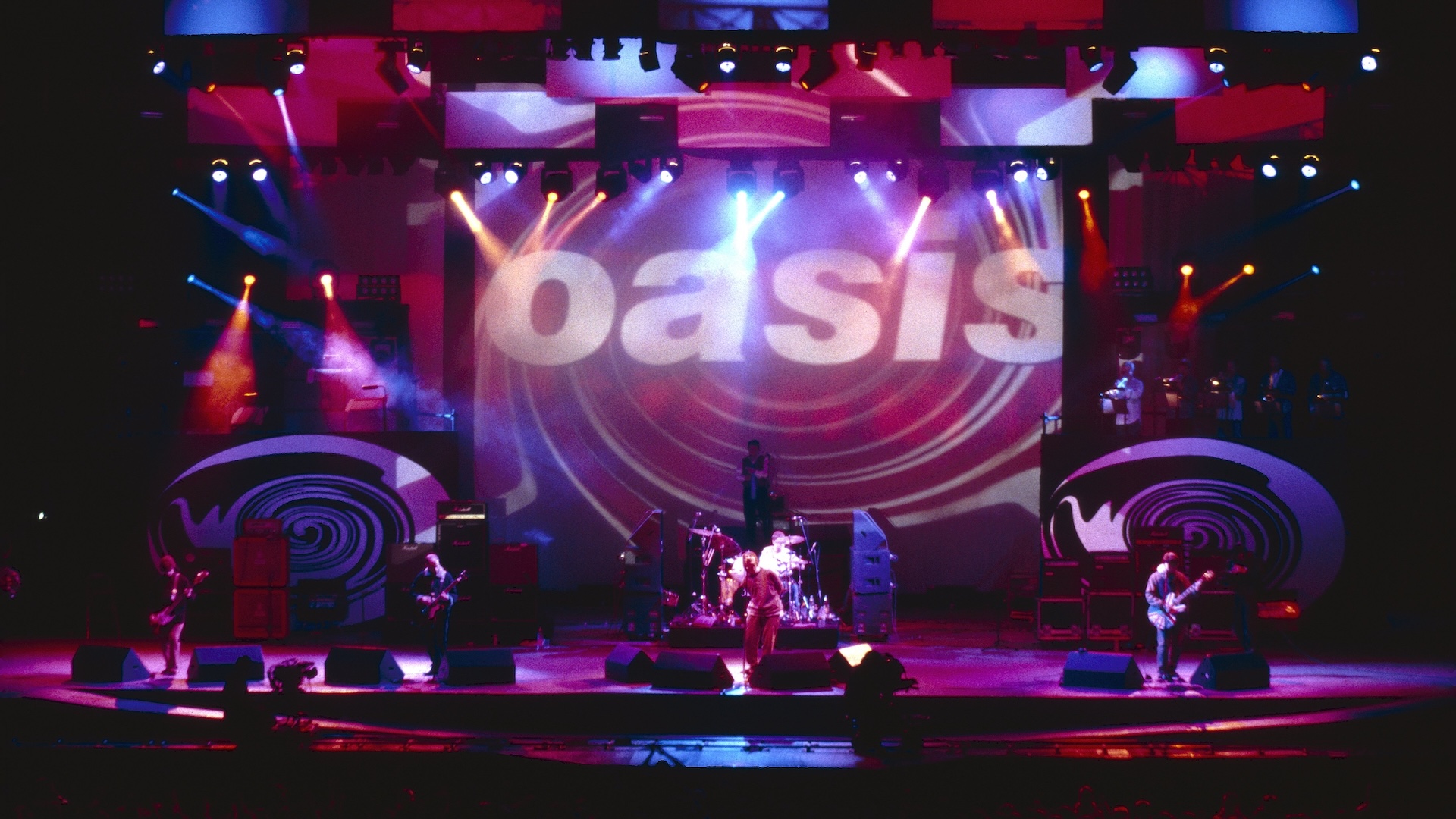UK set to ban ticket resale above face value in major crackdown on touts
Bad news for bots, good news for man


Get exclusive shortlists, celebrity interviews and the best deals on the products you care about, straight to your inbox.
You are now subscribed
Your newsletter sign-up was successful
The days of paying £400 for a £60 gig ticket might finally be numbered. The UK government is preparing to ban the resale of tickets for profit, a move that would overhaul the live events industry and put an end to the eye-watering mark-ups fans have been battling for years.
According to The Guardian, ministers are expected to confirm the new rules this week, with the plan effectively killing off the long-running culture of touts hoovering up tickets in seconds and relisting them at sky-high prices. It means no more “£85 to sit behind a pillar” and no more £4,000 Oasis tickets casually lurking on resale sites before you’ve even hit refresh.
According to insiders, the new system is simple: you can sell a ticket, but not for more than you paid for it. Resale platforms, including giants like Viagogo and StubHub, will still be able to charge service fees, but those fees will be capped so companies can’t sneak the profit margin back in through the side door.
It's the government’s biggest response yet to a fan uprising that’s been simmering for years but exploded after several high-profile ticketing fiascos. Oasis fans were the breaking point, with thousands outraged after reunion dates went on resale for several times their original cost.
Not long after, dozens of artists, including Coldplay, Dua Lipa, Sam Fender, Radiohead, and PJ Harvey, published an open letter calling for urgent action against “extortionate” resale practices.
Industry groups, consumer bodies and artist managers have all backed the move, describing it as essential if fans are ever going to trust the ticketing system again. Campaigners estimate that inflated resale prices cost gig-goers well over £100m annually, and that one in five tickets ends up on secondary sites, often in bulk uploaded by traders with hundreds of listings.
Under the new plan, sellers will also be prevented from flipping more tickets than they could reasonably have bought in the first place, a direct hit at “industrial-scale” resellers using bots to clear out entire onsales in seconds. Enforcement will be the responsibility of the Competition and Markets Authority, and resale platforms will be held accountable for listings on their sites.
Get exclusive shortlists, celebrity interviews and the best deals on the products you care about, straight to your inbox.
Not everyone is thrilled, unsurprisingly. StubHub has already warned that the changes will push fans towards shady, unregulated corners of the internet. However, supporters argue the opposite: that clear rules, capped fees, and a firm ban on profiteering will finally bring the system into something that feels fair.
If the legislation lands in the King’s Speech next year, it could mark the beginning of a very different ticket-buying experience, one where fans get a fair shot, artists stay in control of pricing, and touts lose their grip on some of the UK’s biggest events.
Whether it arrives in time for the next frenzy-inducing reunion tour remains to be seen. But for once, it looks like the long-promised war on touting might actually be happening.
A Viagogo spokesperson responded to the above news with the following comment: "We acknowledge the government’s announcement today, which is part of a long, multi-year process, not a final outcome. Evidence shows price caps have repeatedly failed fans. In countries like Ireland and Australia, fraud rates are nearly four times higher than in the UK, as price caps push consumers towards unregulated sites.
"The solution is open distribution: connecting primary and resale platforms to verify tickets. This allows the sharing of critical information to identify illegal bot activity and eliminate fraud. Opening the market to greater competition also helps drive prices down, benefiting fans."

Skip the search — follow Shortlist on Google News to get our best lists, news, features and reviews at the top of your feeds!

Morgan got his start in writing by talking about his passion for gaming. He worked for sites like VideoGamer and GGRecon, knocking out guides, writing news, and conducting interviews before a brief stint as RealSport101's Managing Editor. He then went on to freelance for Radio Times before joining Shortlist as a staff writer. Morgan is still passionate about gaming and keeping up with the latest trends, but he also loves exploring his other interests, including grimy bars, soppy films, and wavey garms. All of which will undoubtedly come up at some point over a pint.
You must confirm your public display name before commenting
Please logout and then login again, you will then be prompted to enter your display name.